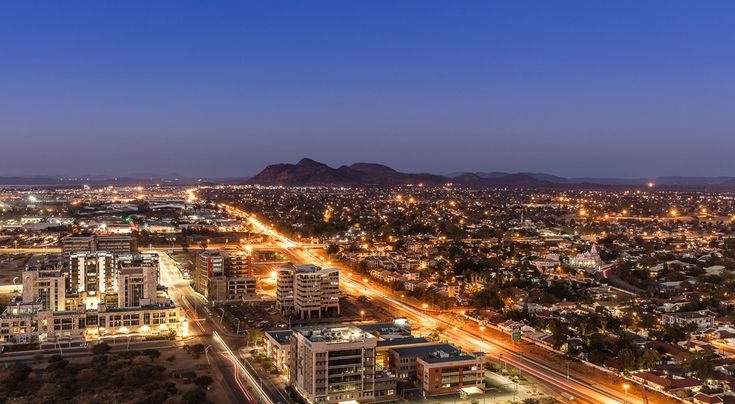Botswana, recognized for its abundant diamond reserves, is preparing for a future without these precious stones.
The Southern African nation’s diamond supply is anticipated to exhaust by 2052.
Consequently, Botswana is harnessing its natural wealth prudently, focusing on economic diversification and resilience.
Historically, Botswana has demonstrated an impressive economic trajectory, majorly attributed to the prudent management of its diamond wealth.
The diamond sector significantly contributed to Botswana’s prosperity, accounting for one-third of the GDP, half of government revenues, and 70% of export earnings.
However, as the clock ticks towards the end of the diamond era, Botswana is taking steps today to secure its future.

Investments are now strategically channeled towards domestic industries and workforce training, to create a well-rounded economy not solely reliant on diamonds.
The diversification efforts target several promising sectors, including agribusiness, pharmaceuticals, fossil fuels, and business tourism.
This strategic shift aims to balance the economic landscape and prepare the country for a post-diamond future.
A key element of this transition strategy is a new revenue-sharing agreement with the global diamond giant, De Beers.
The agreement is pivotal as it secures the government of Botswana a larger share of the diamond yield and a stake in the profitable marketing arena.
This will allow Botswana to still benefit significantly from its natural resource until its expiration.
Simultaneously, the government is focusing on empowering local businesses through the Citizen Economic Empowerment Programme (CEEP).
This initiative, launched in 2019, aims to channel investment towards Botswana-owned enterprises by 2024, thereby bolstering the local economy.
The government has set a lofty goal to transform Botswana into a high-income country by 2036.
The strategy involves broadening the economic base beyond mineral extraction and promoting industrial diversification through the establishment of special economic zones.
These zones will provide an encouraging environment for a variety of industries to flourish.
An excellent example of this diversification strategy in action is Jwaneng, home to the world’s richest diamond mine.
The city invests in modern farming techniques to establish a world-class agricultural park, thereby expanding the economy beyond mining.
Moreover, Botswana is exploring additional sectors, such as the pharmaceutical industry and business tourism.
These sectors hold immense potential and can play a crucial role in the future economy.
Finally, Botswana’s economic transformation is anchored by its new deal with De Beers.
The deal ensures a gradual increase in the state’s share of diamond production, boosting national revenues.
These revenues are essential for driving Botswana’s ambitious economic diversification plan and ensuring the nation’s sustainability after the diamonds run out.
This forward-thinking approach demonstrates Botswana’s commitment to building a future beyond diamonds.

